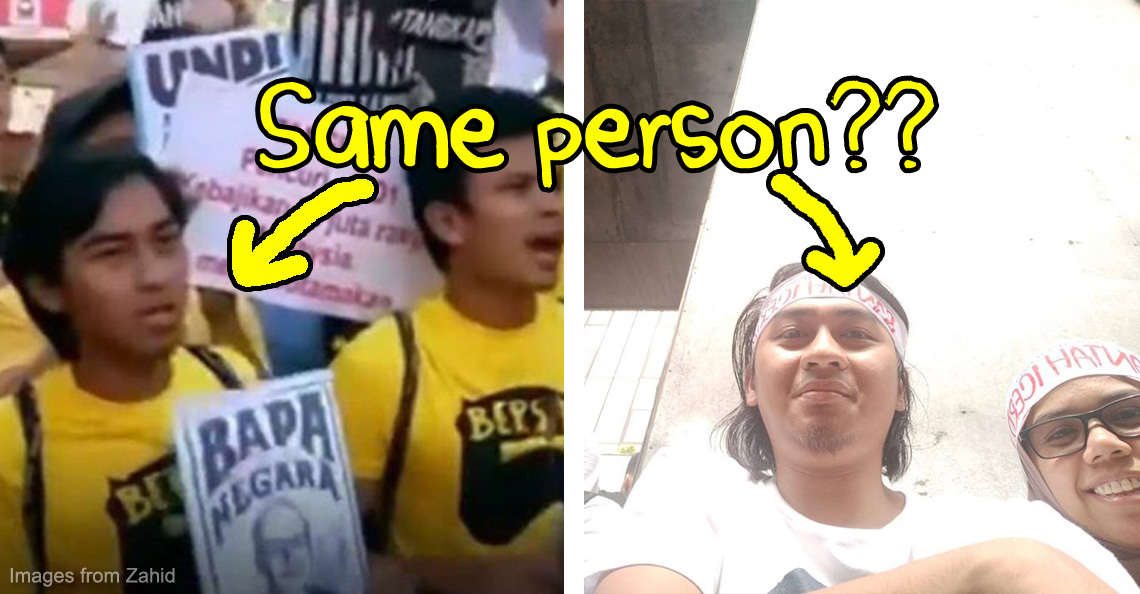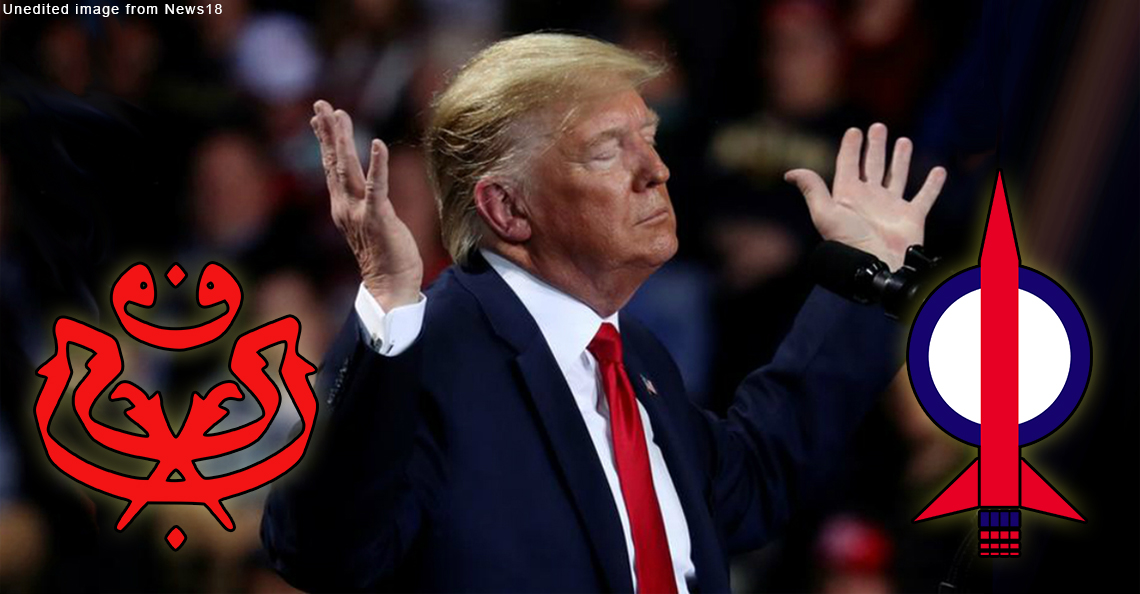Malaysia helped end a controversial war 20 years ago. Here’s the story behind it.

- 2.4KShares
- Facebook2.3K
- Twitter14
- LinkedIn17
- Email27
- WhatsApp41
[Artikel ini asalnya ditulis kawan-kawan kami kat Soscili.my. Untuk baca artikel ni dalam BM, klik sini!]
Some of us may remember that last year, Donald Trump, the current US president made a controversial statement… oh who are we kidding. He makes those all the time. Aaaanyways, one of the statements struck closer to home with a majority of Malaysians, and that was when he declared that the US now formally recognizes Jerusalem as the capital of Israel.
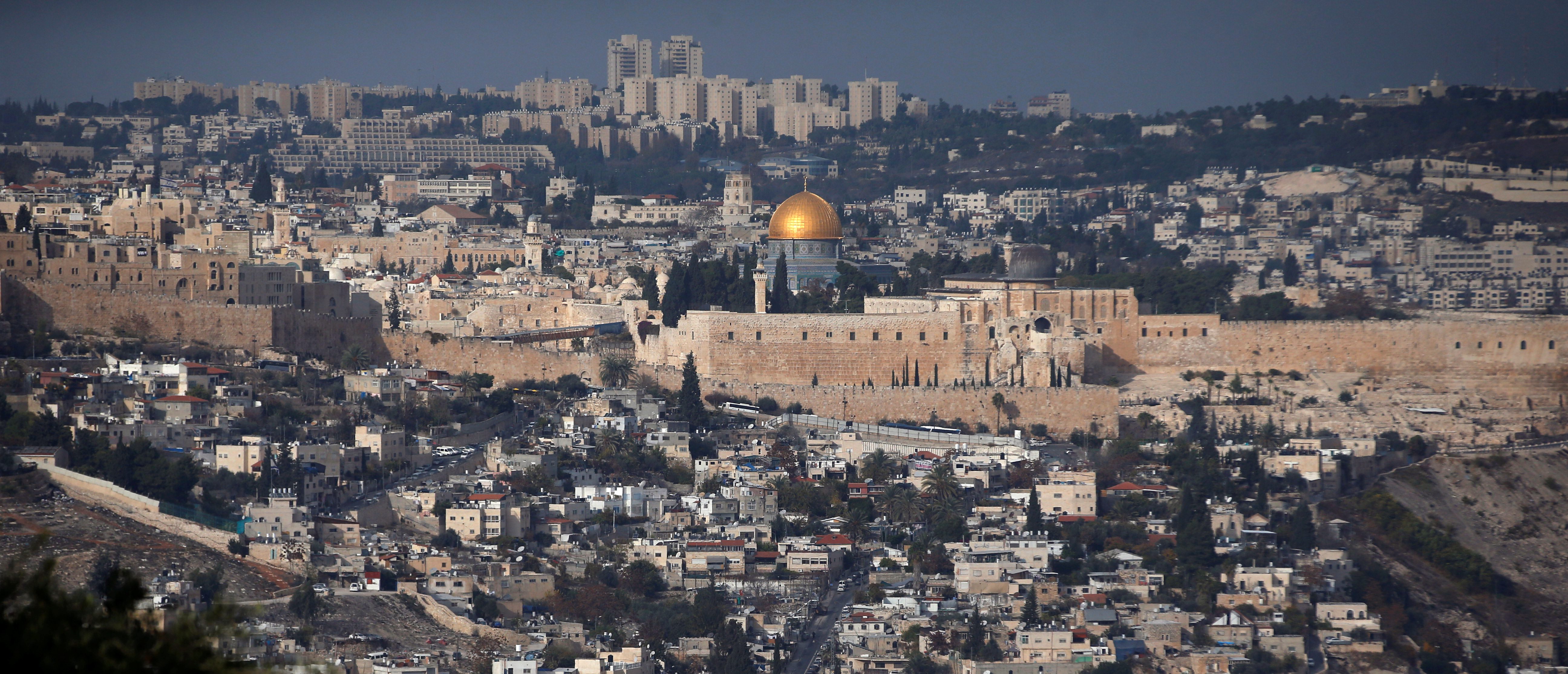
Now, for those of you who missed the Israel-Palestine conflict train for the past seven decades, you can read about it here. It’s a long conflict, and the US president putting a stop to it by basically declaring that Israel won didn’t go very well among countries that sympathize with Palestine. Of course, the situation is a whole lot more complicated than that, but that’s the gist of it.
One of Palestine’s sympathizers is Malaysia, so our own Prime Minister, despite having a close relation with the US, took a stand and organized a pro-Palestine rally in Putrajaya. He also calls on the Organization of Islamic Cooperation (OIC) to unite against the recent development.
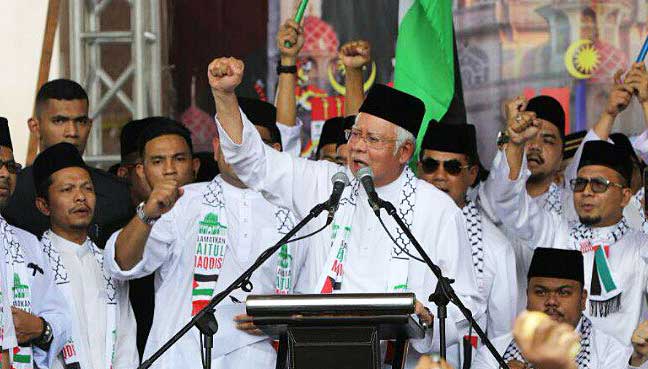
Following Trump’s announcement, the OIC pulled up an emergency meeting, and Najib Razak was personally invited by the Turkish President Recep Tayyip Erdogan to attend it. While some may doubt the importance of Malaysia’s voice in international matters, apparently the OIC seem to hold Malaysia’s opinion in high regard. Which isn’t all that surprising if you know that…
Tunku Abdul Rahman was the very first Secretary General of the OIC
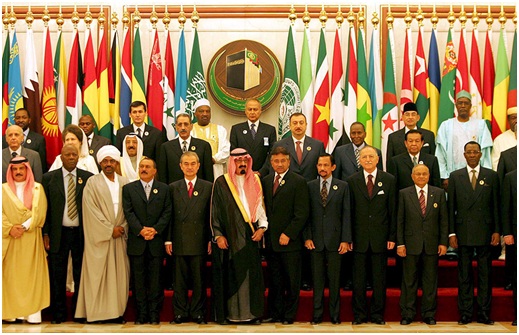
People not interested in world politics may never have heard of it, but the Organization of Islamic Cooperation (OIC) is the second biggest inter-governmental association after the United Nations (UN). Founded in 1969 to be the ‘collective voice of the Muslim world‘, it comprises of 57 countries and works to protect and safeguard the interests of Muslim countries as well as promoting peace and harmony among the various peoples of the world.
Back in 1969, a historic event gave rise to the OIC. The al-Aqsa Mosque, an important landmark in Jerusalem, was set on fire. Centuries-old-architecture-turning-to-charcoal aside, the burning became a sort of trigger for the long standing tension between the Jews and Arabs in the area, and heated demonstrations broke out across the city. It led to a chain of events that involved the UN at some point, but that’s a whole other story.

Anyway, the event and the chaos that followed prompted the leaders of the Muslim world to agree to get together and form the OIC. This new organization needed a leader, and the guy they turned to was our first Prime Minister, Tunku Abdul Rahman. Which was a bit surprising, considering the kind of guy our first PM was.
“Malaysia is a different country from Saudi Arabia or Iran… I once told Sultan Faisal (Ruler of Saudi Arabia) that if he needed a Secretary General for the Organization of Islamic Conference, he should look someplace else. I’m a worldly man. I drank, I danced, I gambled. These habits are hard to break when you’re already 67. But Sultan Faisal grinned and said ‘I know, but I’m not looking for an imam‘.” – Tunku Abdul Rahman, from the book ‘Conversations with Tunku Abdul Rahman’.
The ‘imam’ here is an Arabic word that means prayer leader, or in some cases, a pious man. But maybe piety had nothing to do with his appointment, as it would seem that he was the one who suggested the formation of the OIC, inspired by the formation of the Commonwealth of Nations in 1961.
Since then, the OIC had dipped its hand in various events affecting Muslim countries, with varying degrees of success. One such instance was when…
Along with the OIC, Malaysia helped end Europe’s deadliest conflict after WWII
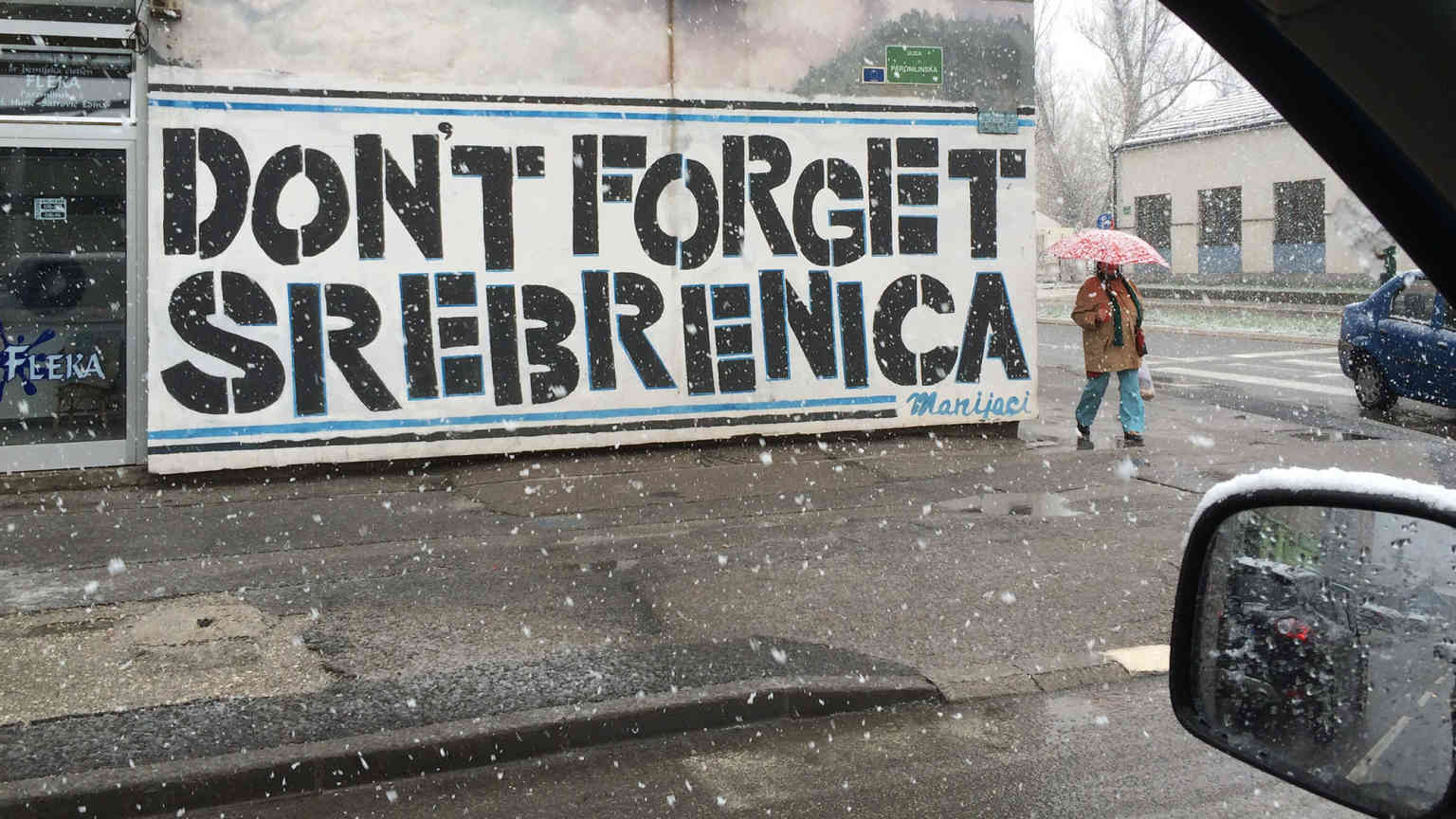
90s babies might remember a fuss back then surrounding a place called Bosnia and Herzegovina, but most of us were still probably too young to understand. Anyways, there had been a horrific war there, and the story behind it went something like this. In the beginning, Bosnia and Herzegovina lived together in harmony with five other countries (Serbia, Montenegro, Croatia, Slovenia, and Macedonia) as the former Yugoslavia. Then, everything changed when the Fire Nation Soviet Union fell.
Four of the six republics in Yugoslavia wanted to be independent states, but Serbia wasn’t having none of that. Thus began something called the Yugoslav Wars, considered by some to be the greatest European conflict ever since World War II. The Bosnian War, the focus of this article, was one of the Yugoslav Wars. While the real story was a lot more complicated (and gory), basically there were three factions in the war: the Bosniaks (Muslim), the Serbs (Orthodox) and the Croats (Catholic).
As you can probably guess, the Serbs were from Serbia, but there were Serbs living in Bosnia and Herzegovina. So when B&H declared their independence, the Serbs living in Bosnia mobilized their troops inside B&H to secure their territories. Somehow or other this escalated into ethnic cleansing and systematic mass rape, with most of the victims being Bosnian Muslims.
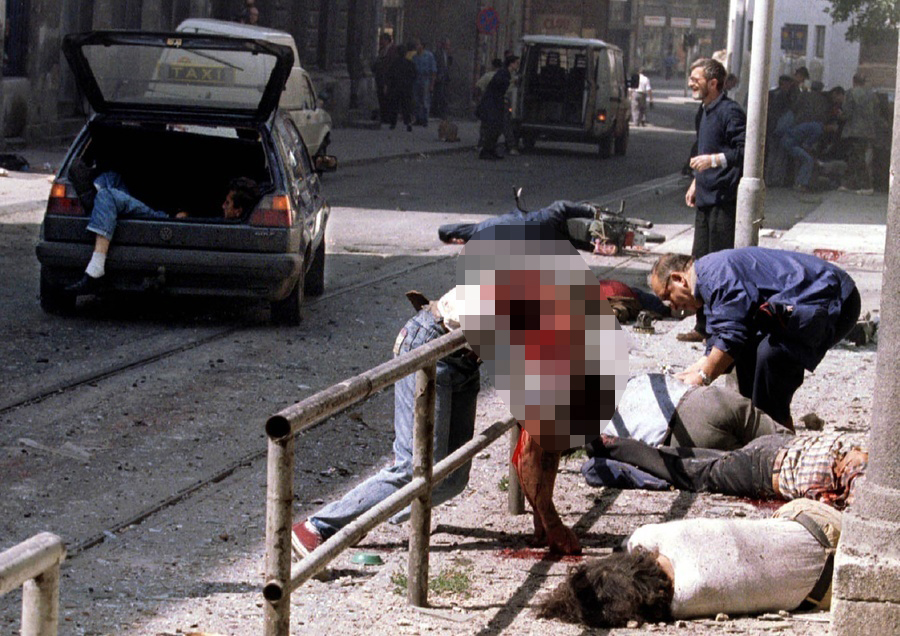
To make a crappy situation worse, in 1991 the UN placed an arms embargo on the former Yugoslav territories, which meant that weapons couldn’t move in or out of the territories legally. This ruling was extra crappy for the Bosniaks, as they didn’t have a lot of weapons to start with. By comparison, the Serbs held a majority of the weapons due to them being in the Yugoslav military. The Croats’ territory was near the coast, so they could have smuggled weapons in.
In April 1993, Malaysia urged countries in the OIC to hold a summit at Karachi. In the summit, the OIC agreed on Bosnia’s need for weapons to defend themselves from the Serbs. Malaysia at that time also lobbied for the OIC to support her plan to allow Malaysian troops stationed in Bosnia to conduct operations, both peacekeeping and war missions, if needed. At that time, the plan was to get the OIC to pressure the UN into making a concrete move to end the war.

Piling on the pressure, in May 1992 Kuala Lumpur recognized Bosnia and Herzegovina, Croatia and Slovenia as independent nations. Bosnia and Herzegovina, in turn, established its embassy in Kuala Lumpur two years later. Other events went by, and eventually in December 1995, with the signing of the Dayton Agreement, Bosnia was finally released from the horrors of war.
Can the OIC still make an impact today in Jerusalem’s issue? Perhaps.
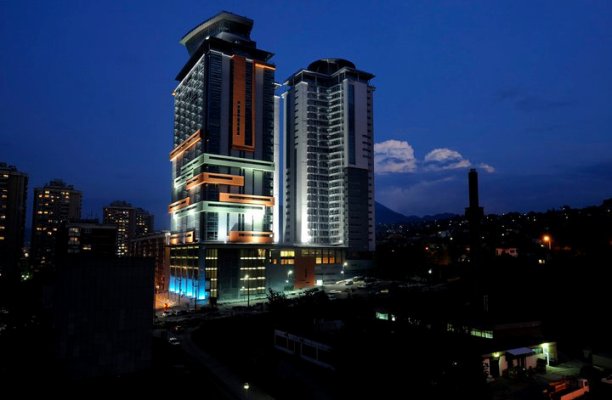
After the war, Malaysia helped Bosnia to get back on her feet. Today, events from that time in the past manifested itself in the form of several landmarks in Bosnia. Up until 2008, the tallest building in Bosnia was the Bosmal Business Center in Sarajevo. Built by Bosmal, a joint venture company between Malaysian and Bosnian entities, the accommodations and restaurants at the Bosmal Business Center was said to be preferred by Dr Mahathir whenever he was to visit Sarajevo. There’s also a bridge in Sarajevo called the Malaysian-Bosnian friendship bridge, opened by Dr Mahathir himself.
However, happy ever after stories aside, one might wonder if the recent meeting of the OIC members, including Malaysia, will be able to change anything in the Jerusalem issue. While there had been a lot of issues plaguing Muslim countries lately, like the US’s invasion of Iraq, the Somalian crisis, the crisis in Southern Philippines, and the Daesh, to name a few; the OIC had failed to solve any of them. Upon comparing their relative success in the Bosnian crisis to all these other crises, one might think that the OIC had lost its mojo somehow.
“The OIC and the Arab League never had fangs in the first place, so they couldn’t have lost it.” – Tun Dr Mahathir Mohamad, on the reluctance of the Muslim world to speak up, for Utusan Malaysia.
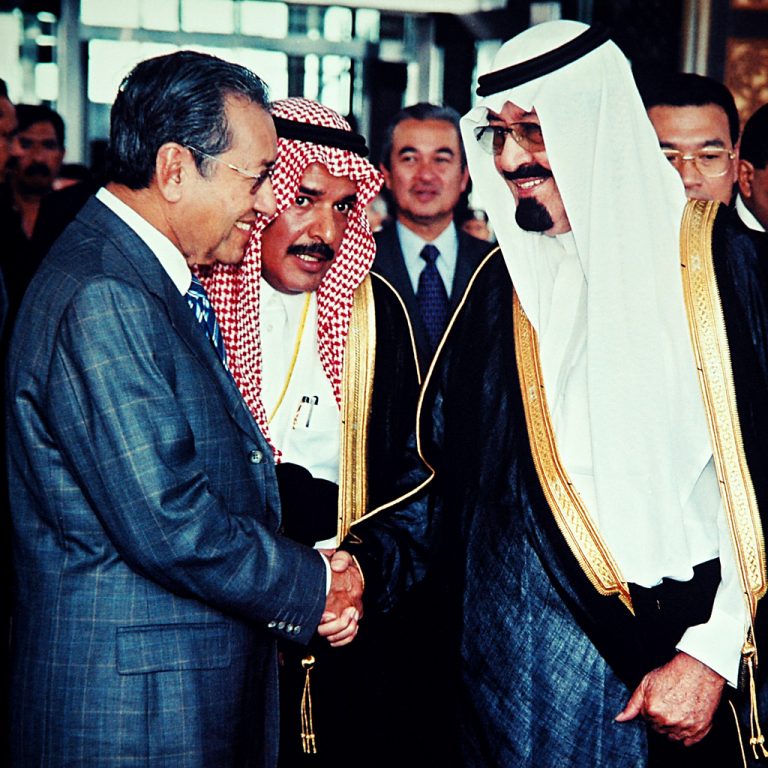
However, there had been some improvements in the recent Jerusalem issue. According to Azmi Hassan, a geostrategist, OIC’s recent declaration did state that any country that follows in the US’s footprints and move its embassy to Jerusalem will be cut off diplomatically from all 57 of OIC’s member countries.
“This, in addition to the 57 countries recognizing that Jerusalem is indeed the capital of Palestine in writing (the OIC hadn’t done that before), makes me feel that the declaration is no mere rhetoric, but had a tangible impact as three weeks after Trump’s statement, only Guatemala had declared that they are following the US.” – Azmi Hassan, geostrategist, in an interview with SOSCILI.
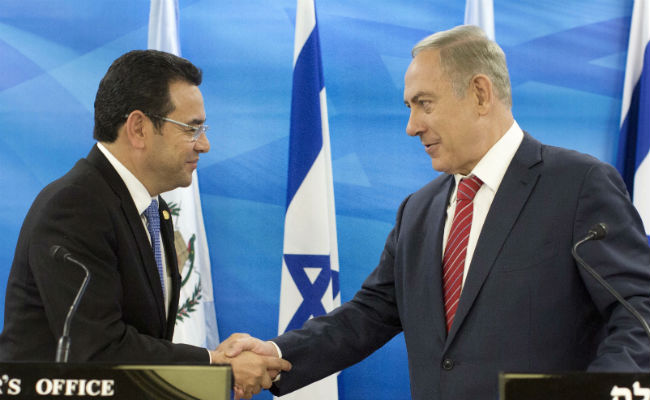
He further stressed that the OIC still has a chance to correct the world’s perception of them by allying themselves with big powers, like Russia and China, that are looking for a way to get at Trump. However, at the same time, he admitted that the OIC is becoming weaker as a lot of Arab countries are too dependent on the US.
“If these two big powers (Russia and China) were to be one of the 128 countries that support UN’s Jerusalem resolution… not so much because of their support for Palestine but rather because of their rivalry with the US, the OIC could make use of this scenario for the benefit of both Palestine and themselves.
“Times are different from four decades ago, when Muslim leaders were not so dependent on big world powers and can reach their own decisions.” – Azmi Hassan, geostrategist, in an interview with SOSCILI.
- 2.4KShares
- Facebook2.3K
- Twitter14
- LinkedIn17
- Email27
- WhatsApp41

